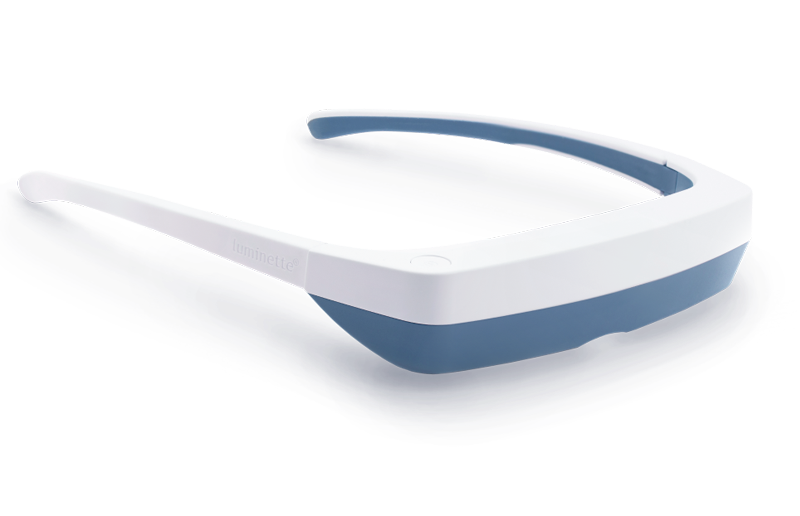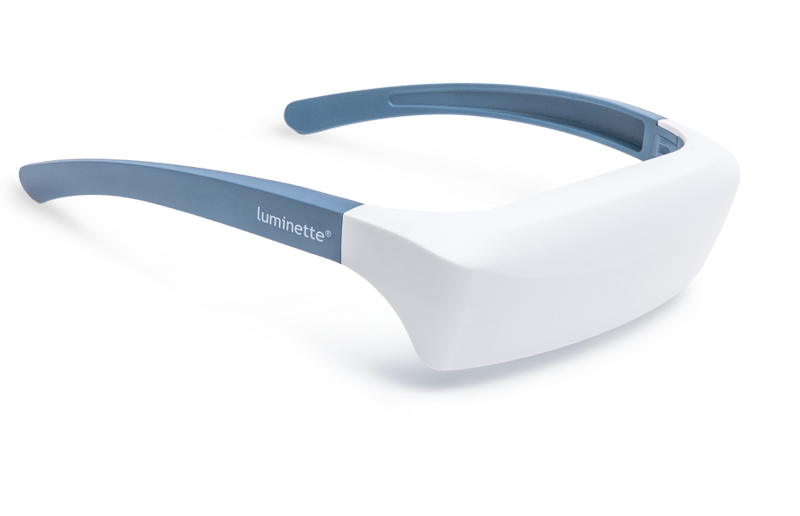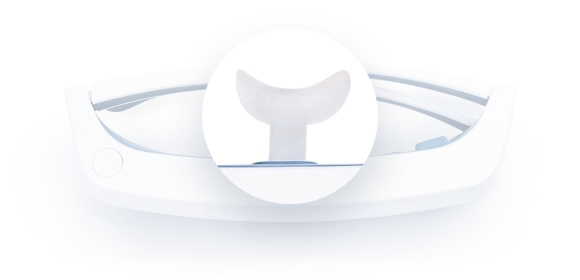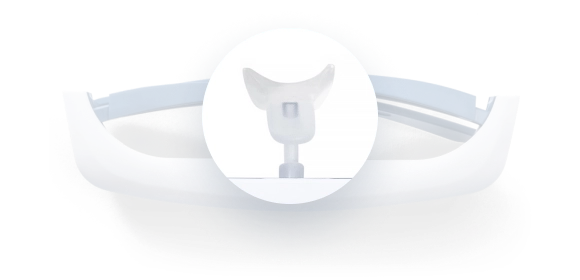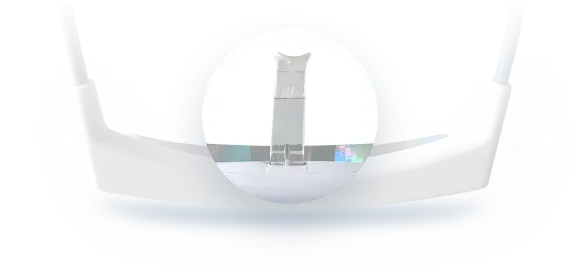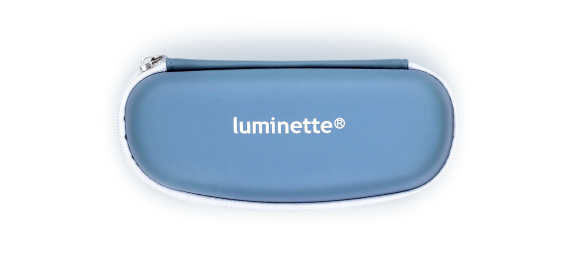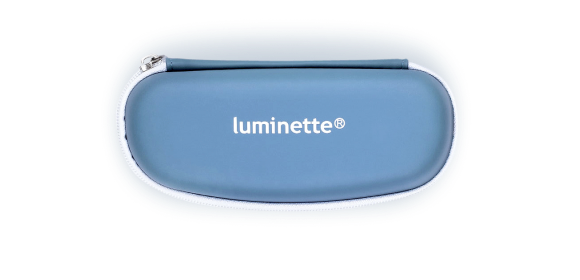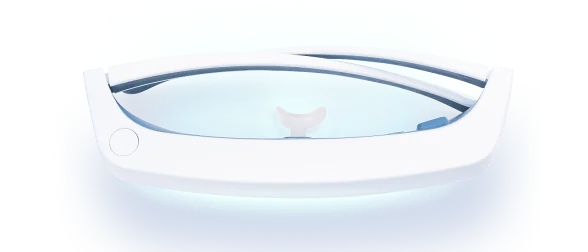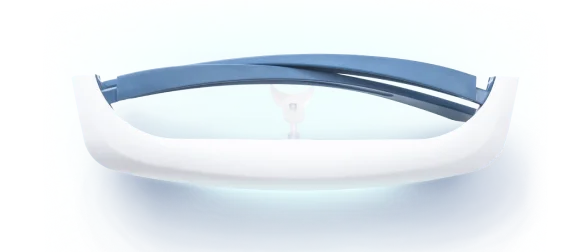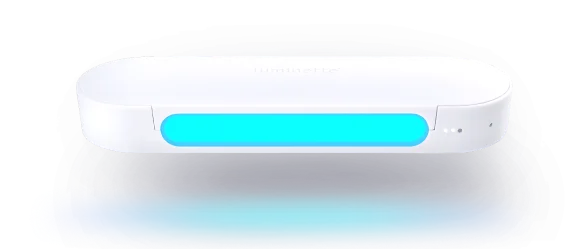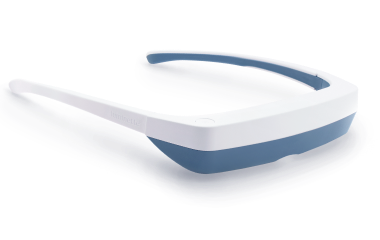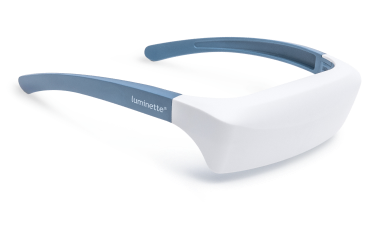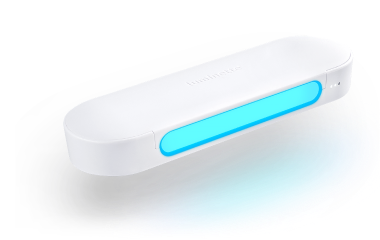Light therapy can be used in the case of winter blues. It affects people located in all zones geographically far from the equator (so, above all, in the northern hemisphere), where the effect of the change in seasons is more important. It varies from 2-3% in Spain to 15-20% in the north of Scandinavia. The most affected people are women (up to 75%) from 35 years and up.
The winter months bring a unique set of challenges, particularly in terms of mental health. As daylight hours shorten and temperatures drop, many individuals experience what is commonly referred to as the "winter blues." This condition can lead to various symptoms that impact daily life. Fortunately, light therapy has been shown to be an effective treatment for mitigating these symptoms. This article delves into the symptoms of winter blues and how light therapy can help reduce their impact.

What Are Winter Blues?
Winter can be a magical season, filled with holidays and cozy nights by the fire. But for many, it brings along an unwelcome guest—winter blues. These feelings of sadness or lethargy strike as the days grow shorter and colder. Health enthusiasts and those who suffer from Seasonal Affective Disorder (SAD) should be particularly aware, as understanding winter blues is the first step toward addressing them.
The winter blues are not just about feeling down when the snow starts to fall. They're a genuine emotional response to the lack of sunlight in winter months. Imagine your body running on solar power; when the sun takes a vacation, your mood and energy levels can plummet. This phenomenon is more prevalent in regions farther from the equator, where daylight hours drastically shorten during the winter.
Interestingly, while winter blues are similar to Seasonal Affective Disorder, they're generally less severe. Think of them as the mild version of SAD. You may feel a bit sluggish or unmotivated but can still function day-to-day. Recognizing these subtle differences can empower you to take the right steps toward alleviating symptoms and improving your winter experience.
Symptoms of winter blues
Recognizing the symptoms of the winter blues is essential for obtaining appropriate support and intervention. As days become shorter and colder, many individuals experience mood and behavior changes that can impact their daily lives. These symptoms can be categorized into physical, emotional, and behavioral groups. Physically, individuals may feel sluggish or fatigued and might experience changes in appetite or sleep patterns. Emotionally, feelings of sadness, irritability, or hopelessness may arise. Behaviorally, there may be a withdrawal from social activities or a lack of interest in usual hobbies. Understanding these signs helps individuals seek suitable help and manage the winter blues effectively.
Physical Symptoms
Those affected by winter blues may experience physical symptoms that significantly impact daily life: fatigue and low energy levels, difficulty concentrating, changes in appetite or weight, and disturbances in sleep patterns. Managing these symptoms may require lifestyle adjustments or professional support.
- Fatigue: A persistent sense of tiredness or low energy, even with adequate sleep.
- Sleep Disturbances: A need for more sleep or difficulty waking up in the morning.
- Increased Appetite: Cravings for carbohydrates and sugary foods, potentially leading to weight gain.
- Aches and Pains: Unexplained body aches or tension, contributing to overall discomfort.
Emotional and Mental Symptoms
Emotional and mental changes often accompany physical symptoms, adding another layer to the overall experience. These changes may include feelings of anxiety, mood swings, or increased sensitivity. Recognizing that such shifts are normal and vary greatly from person to person is important. Understanding and acknowledging these emotional and mental shifts can assist in managing them more effectively.
- Low Mood: Ongoing feelings of sadness or irritability.
- Decreased Motivation: A diminishing interest in activities that were once enjoyable.
- Concentration Difficulties: Challenges with focus and memory may arise.
- Feelings of Hopelessness: A sensation of being stuck or down without a clear cause.
Behavioral Changes
Behavioral changes can also indicate the presence of winter blues. During this time, individuals may experience various changes. Common changes include an increased tendency to withdraw socially, a noticeable drop in energy levels, and a general sense of fatigue. There might also be shifts in eating habits, such as craving carbohydrates or comfort foods, and changes in sleep patterns, like excessive sleep. Understanding these signs is crucial for identifying and managing the winter blues effectively.
- Social Withdrawal: A tendency to isolate from friends and family.
- Reduced Physical Activity: Diminished motivation to exercise or engage in outdoor activities.
- Increased Comfort Behaviors: Engaging in comfort eating, binge-watching TV, or excessive sleeping.
How Light Therapy Can Help
Light therapy emerges as a beacon of hope for those battling the winter blues. This noninvasive treatment addresses the root cause—lack of sunlight. By understanding how it works and its scientific backing, you can decide if it's the right choice for you.
What Is Light Therapy?
At its core, light therapy involves exposure to a bright, artificial light that mimics natural sunlight. It's designed to compensate for the lack of sunlight during the darker months, helping regulate your body's internal clock.
The process is simple and involves sitting near a light box for a specified period each day, typically in the morning. These light boxes emit a specific intensity of light measured in lux, a unit denoting brightness. The goal is to simulate natural daylight, tricking your brain and body into believing it's sunnier than it is.
Light therapy is widely accessible, with many different models available on the market. Some are designed for home use, while others are portable for those on the go. With consistent use, light therapy can offer significant relief from the symptoms of winter blues.
How Light Therapy Works for Winter Blues
Light therapy effectively treats winter blues by influencing your brain's chemistry. When your eyes perceive bright light, it triggers a cascade of chemical reactions in your brain. One of the most crucial changes is the increased production of serotonin, a hormone that stabilizes mood and enhances feelings of well-being.
Additionally, light therapy helps regulate melatonin production. This hormone controls your sleep-wake cycle, and exposure to bright light early in the morning can reset your circadian rhythm. This adjustment can lead to better sleep patterns and reduced fatigue.
Light therapy also impacts the hypothalamus, a part of your brain responsible for several essential functions, including mood regulation. By stimulating this area with bright light, you can experience an improvement in mood and energy levels, alleviating the symptoms of the winter blues.
Scientific Evidence Supporting Light Therapy
The effectiveness of light therapy is backed by a robust body of scientific research. Studies have demonstrated its ability to reduce symptoms of both winter blues and Seasonal Affective Disorder (SAD), often with results comparable to medication.
For instance, a study published in the American Journal of Psychiatry found that light therapy significantly improved mood and energy levels in participants with SAD. The participants reported reduced depressive symptoms after regular exposure to light therapy, highlighting its potential as a stand-alone treatment.
Another study published in the Journal of Affective Disorders compared light therapy to antidepressants and found similar efficacy rates. Participants receiving light therapy experienced substantial mood improvements, supporting its role as a primary treatment for seasonal mood disorders.
These studies underscore the importance of light therapy as a valuable tool in managing winter blues. Its non-invasive nature and minimal side effects make it an attractive option for those seeking relief from seasonal mood changes.
Using Light Therapy to Reduce the Impact of Winter Blues
Implementing light therapy into your daily routine can significantly reduce the impact of winter blues. By following practical tips and considering additional strategies, you can maximize its benefits and enhance your overall well-being during winter.
Establishing a Light Therapy Routine
Consistency is key when using light therapy to manage winter blues. Establishing a routine ensures optimal results and helps integrate the practice seamlessly into your daily life.
Start by determining the best time for your sessions. Most experts recommend using the light box in the morning for 20-30 minutes, as this timing aligns with your natural circadian rhythm and promotes alertness throughout the day.
Set a reminder to use the light box daily and treat it as a non-negotiable part of your routine, similar to brushing your teeth or having breakfast. Consistency is vital for lasting results, so make it a priority to incorporate light therapy into your lifestyle.
Complementary Strategies for Winter Blues
While light therapy is highly effective, combining it with other strategies can further enhance your well-being and alleviate winter blues symptoms.
Engage in regular physical activity, as exercise is known to boost mood and energy levels. A daily walk or home workout can significantly impact your overall sense of well-being.
Focus on maintaining a healthy diet, rich in fruits, vegetables, and whole grains. These nutrients support your body's natural functions and provide the energy needed to combat fatigue and lethargy.
Finally, prioritize social connections. Reach out to friends or family for a virtual chat or meet up for a socially distanced activity. Maintaining relationships and engaging in social interactions can help ward off feelings of isolation and improve your mood.
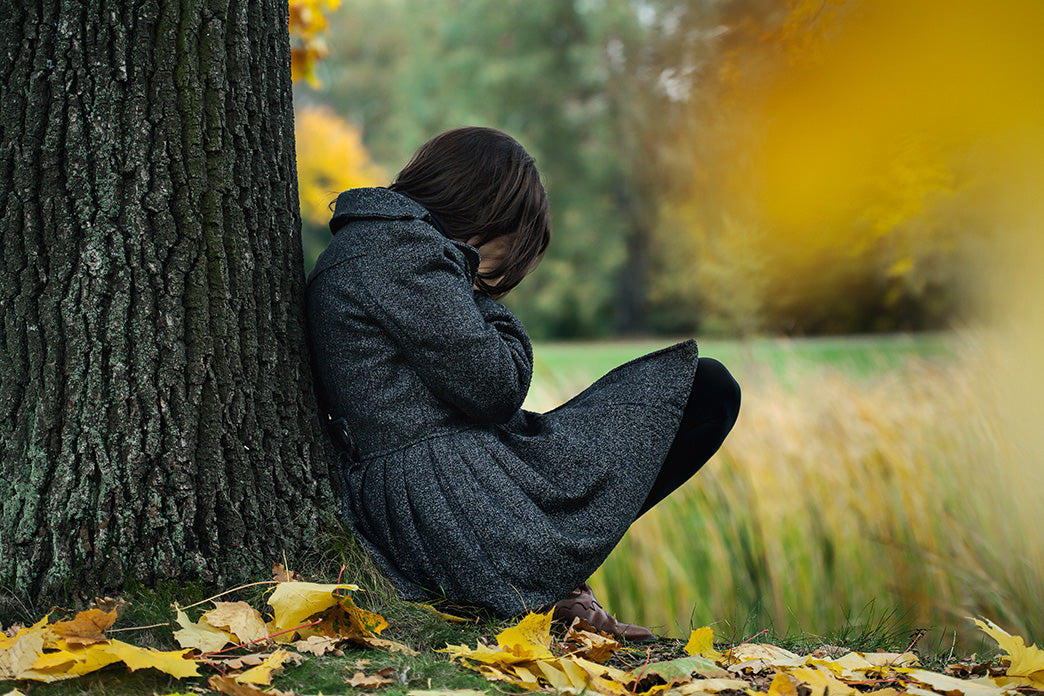
Discover what role light plays on the body
with Roland Pec - sleep specialist and chrono-therapist
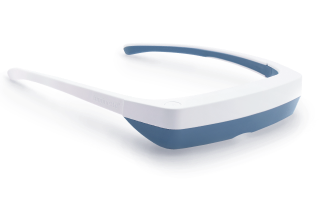
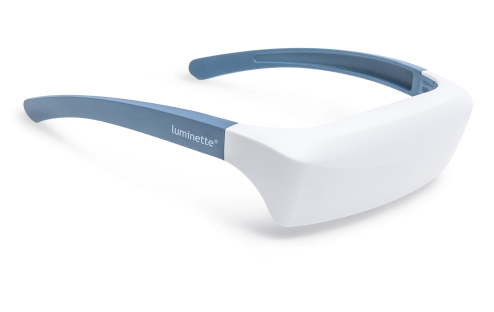
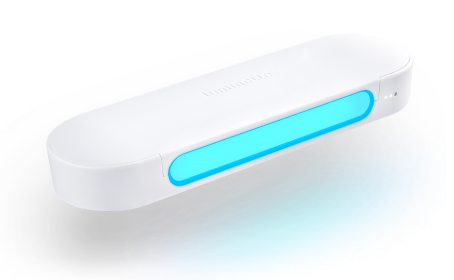
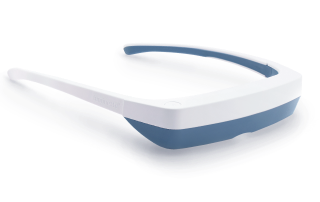
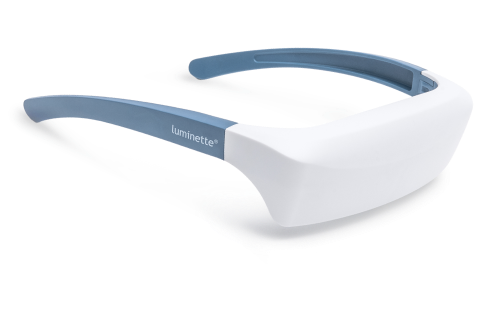
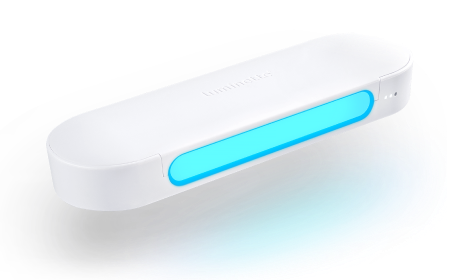
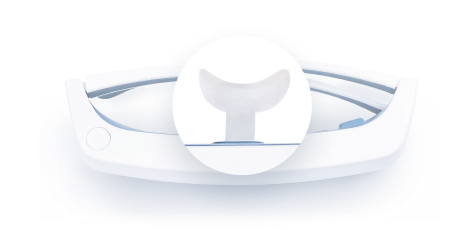
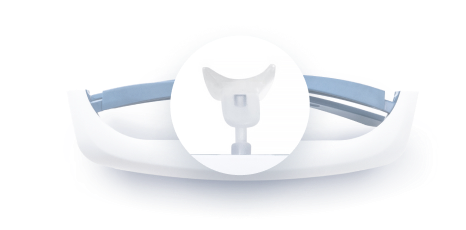
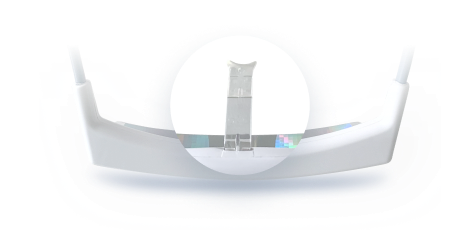
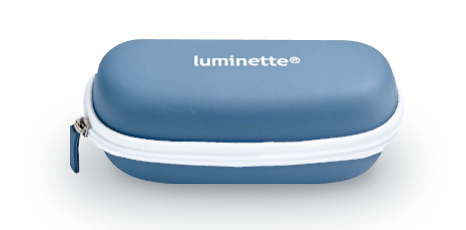
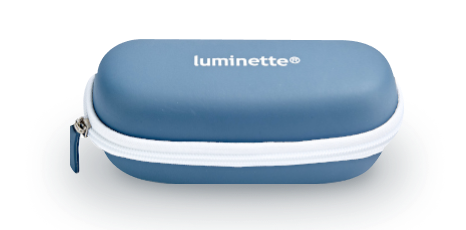





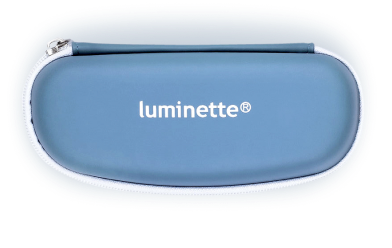
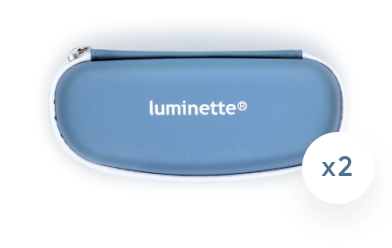
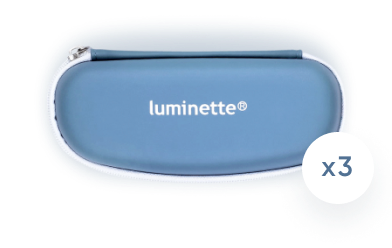
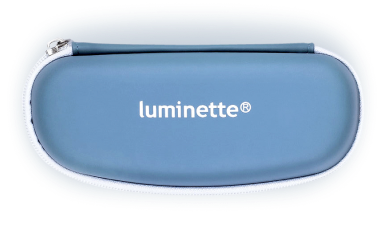
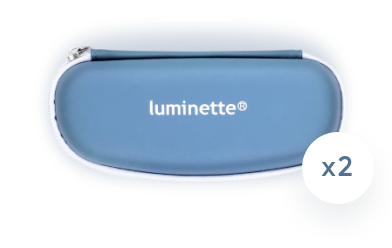
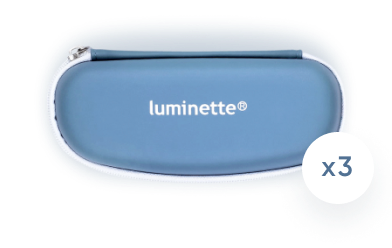
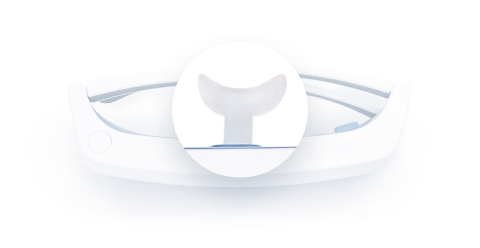
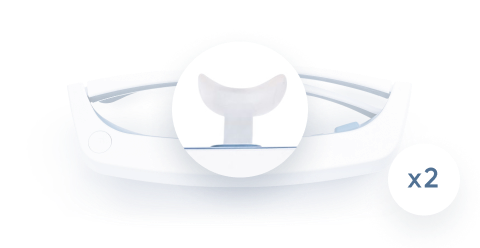
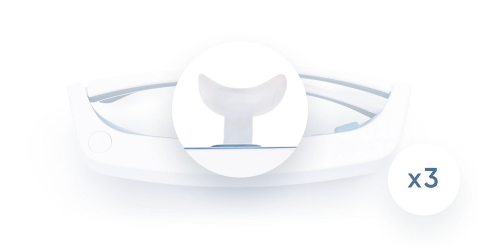
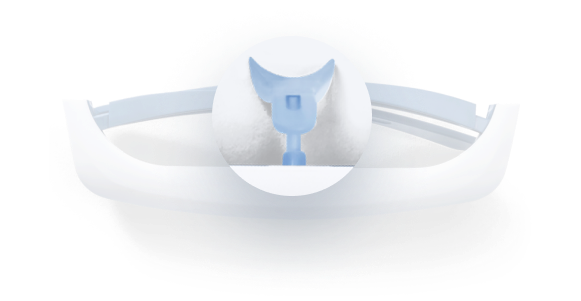
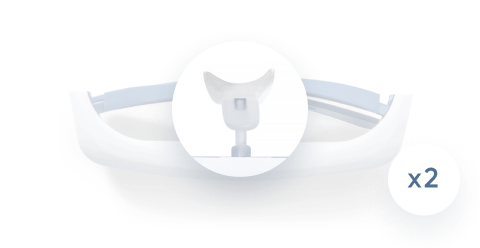
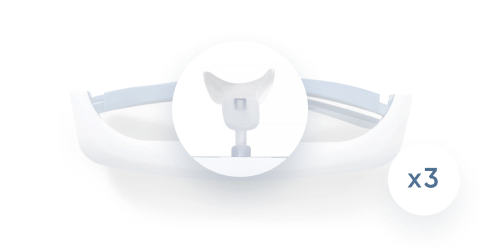
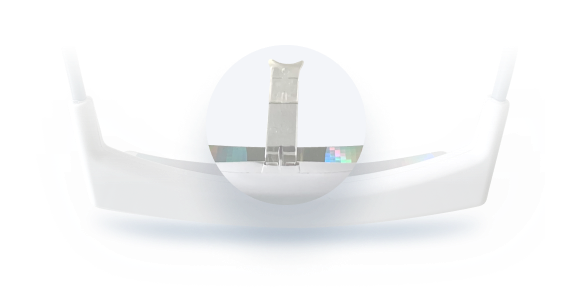
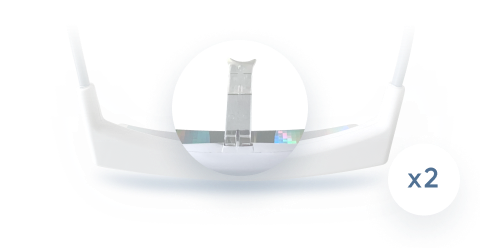
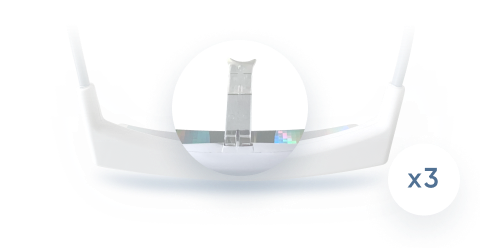
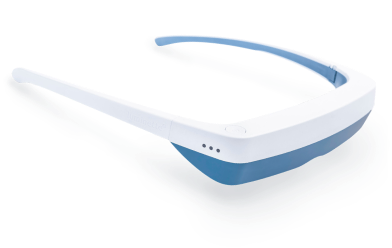
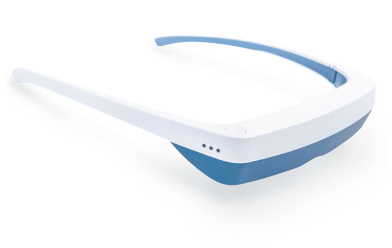
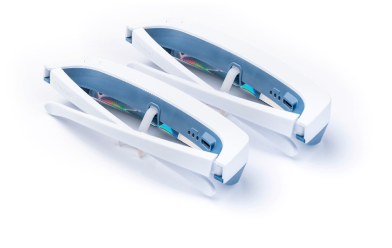
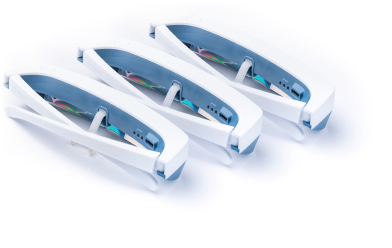
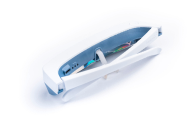
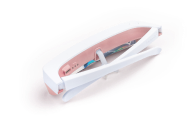
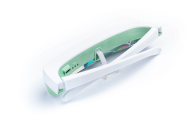
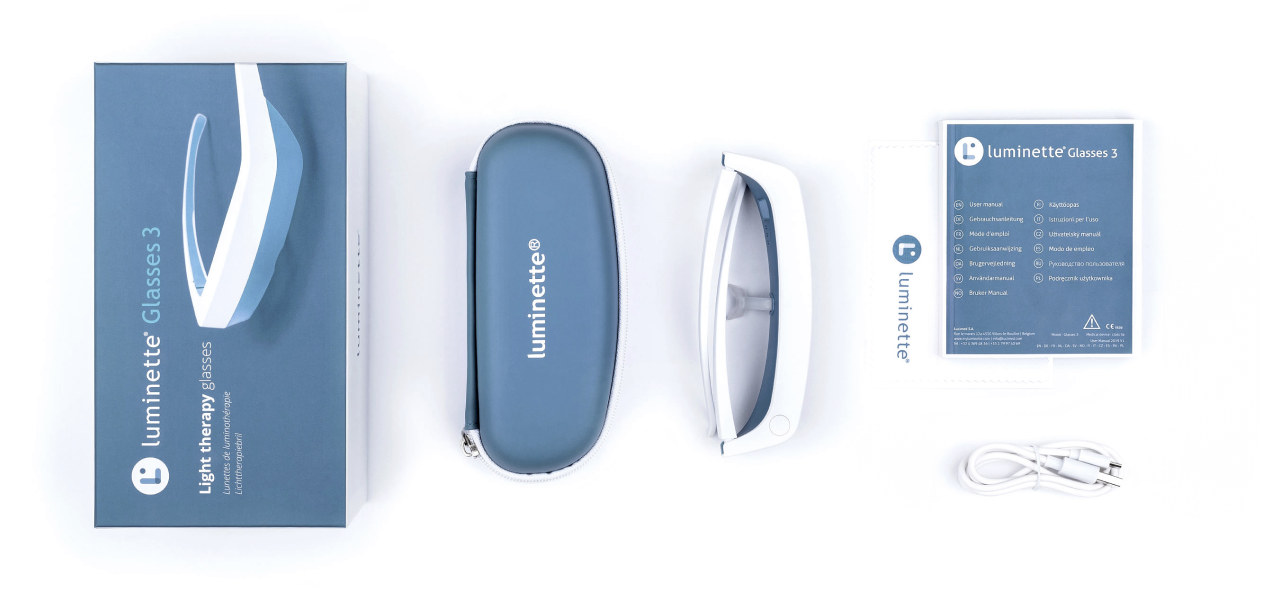
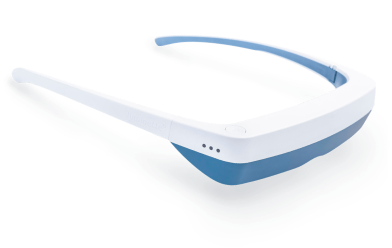
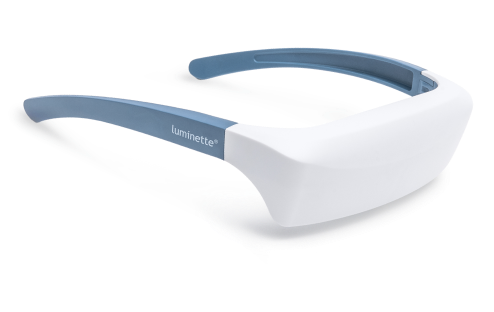
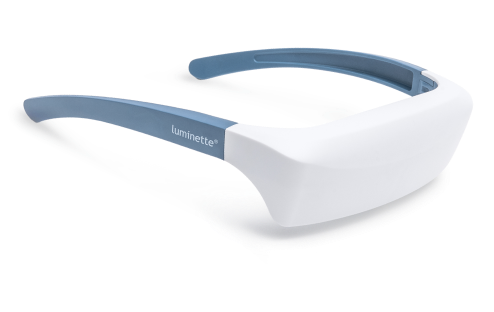
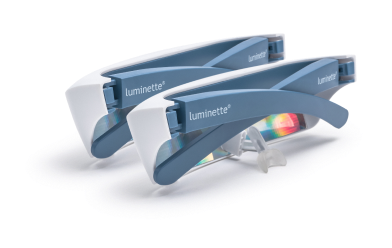
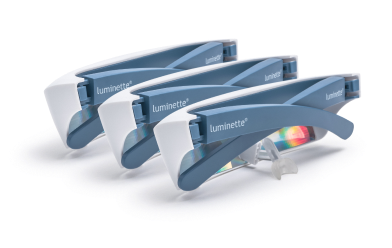
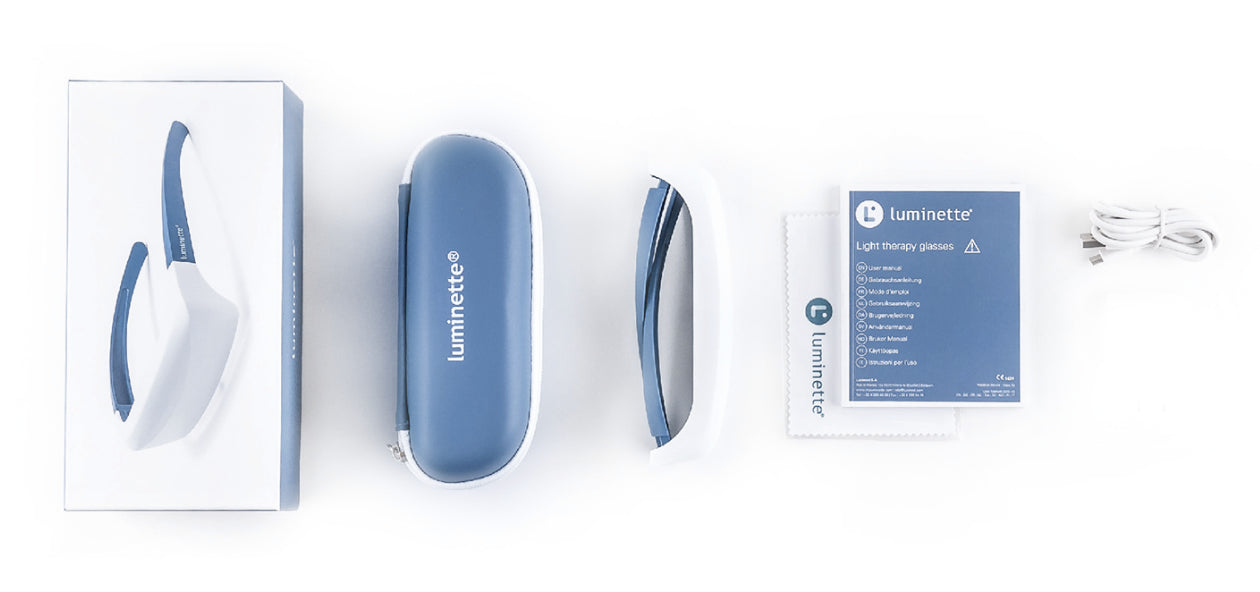
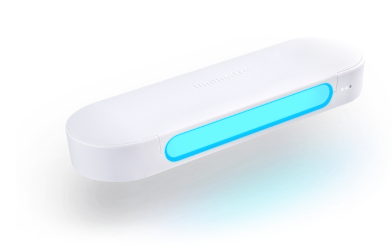
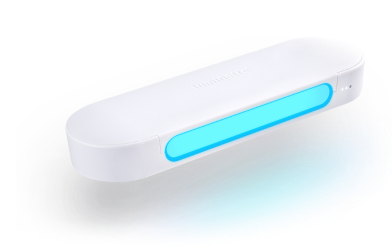
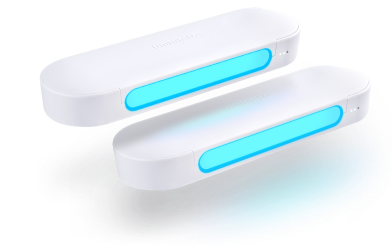
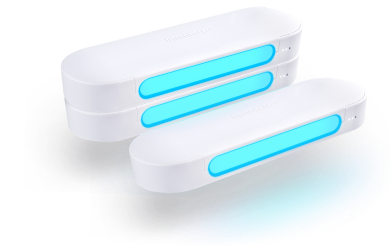
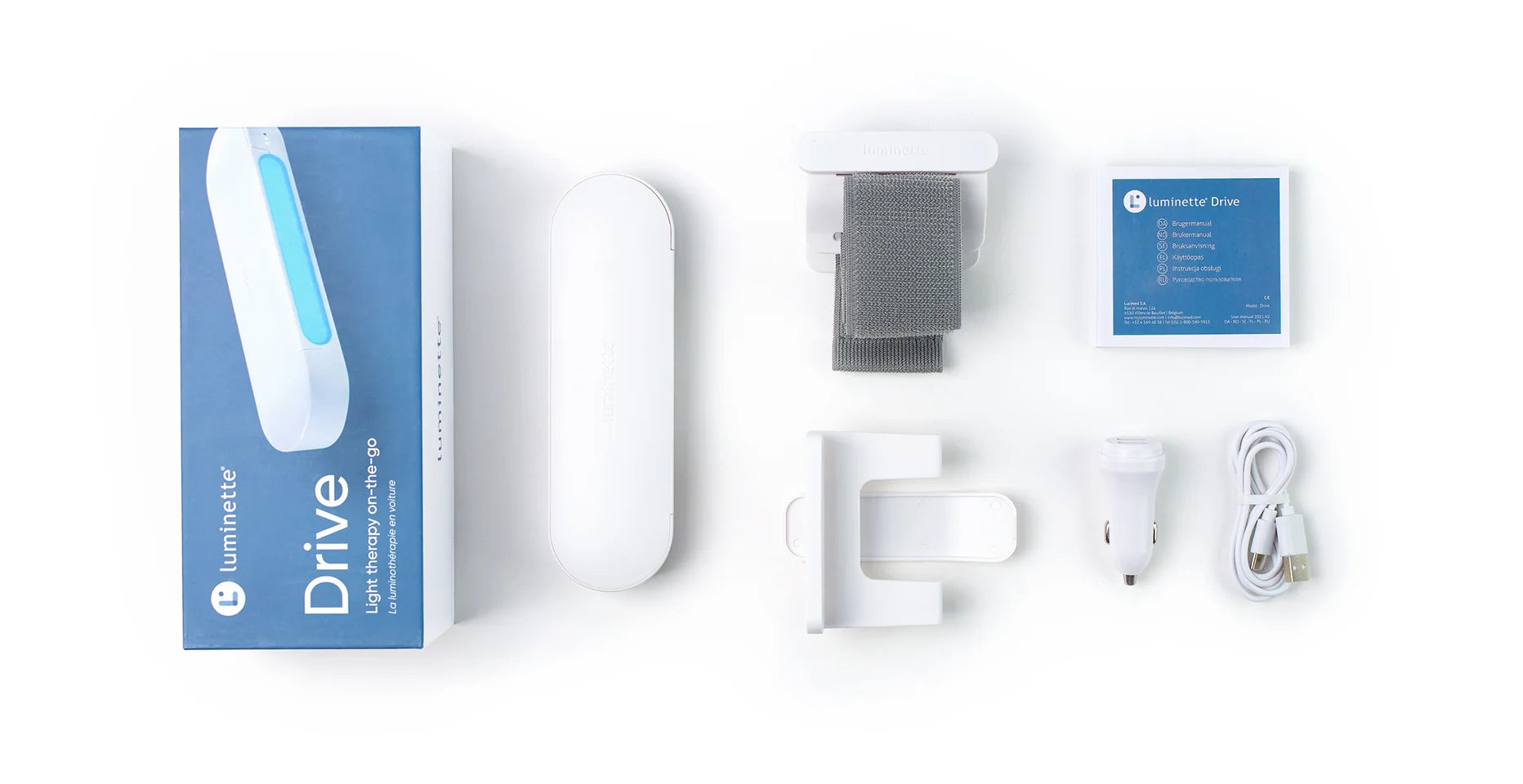

 Please note
Please note



